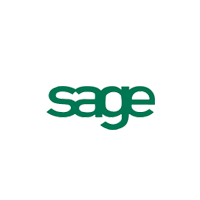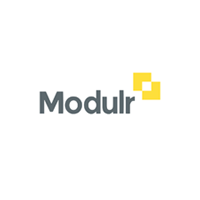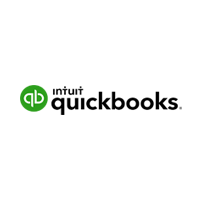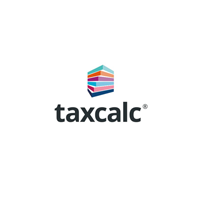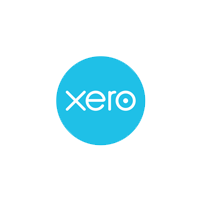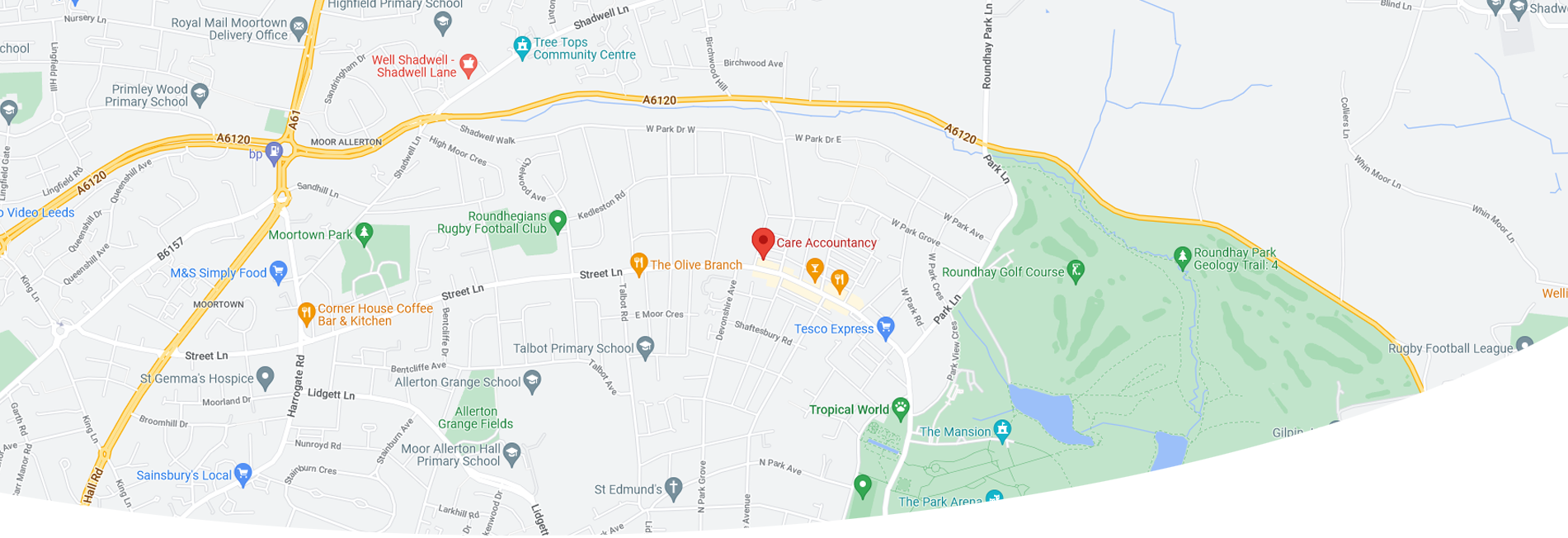Self Assessment
Persons, Partners & Trusts
Care Accountancy is a firm that specializes in preparing accounts for your small, medium, and large businesses and filing self assessment tax returns and tax filing for self-employed individuals, partnerships, and trusts. Should our clients be so required, we can assist them in their online tax filing and their self-employed self assessment tax returns, tax refunds, and claiming tax back from HMRC when due?
In assisting clients and businesses, we take up the role of a tax return accountant, making the entire tax process easy for our customers, which otherwise can be a tedious, challenging, and complex task. In the process, we take on the whole set of problems related to tax liabilities and payment of self-assessment related tax liabilities. We operate all over the UK with our offices in Birmingham and Leeds.


Accredited & Affordable
Making tax Easy!
Preparing a return though not difficult requires a fair amount of knowledge and involves lots of complexity. If not done correctly, you may also be subject to financial penalties for inaccurate filings or for not submitting your returns on time.
Our team of Chartered Accountants can provide you with a confidential and friendly service and who can take care of determining all of your annual tax liabilities, annual accounts statements, HMRC’s investigations & inquiries whether for business or for self-employed individuals looking to file self-assessment returns.
Care Accountancy can also help you understand the self-assessment tax returns, the requirements and methodology of self-assessment tax returns and online filings, or any other exclusive tax compliance services to complete your tax returns accurately and within the prescribed time frame.
What is self-assessment?
Self-assessment is the process of filing your tax return, whether online or through a paper-based return. Self-assessment is the process by which you declare the amount of money earned by you during a particular year and specific other details about your financial situation. Based on your earnings, the amount of tax liability and the National Insurance (NI) amount that you need to pay is determined.
You can do your self-assessment yourself or engage the services of an accountant to do it for you, who can complete it more accurately quickly and also ensure that you pay the right amount of tax.
You must file your self-assessment tax return online no later than 31 January, falling after the end of your tax year ending 5 April, which is also the due date for your tax payment. If your earnings are similar over the year, you may be able to pay the tax on the account into two payments first payment is due on 31 January, and the second payment is due on 31 July.
Who should file a self-assessment tax return?
If income tax on your earnings is already deducted at source when your salary is paid through a PAYE payroll system or by drawing pension income, you do not usually need to fill in a self-assessment tax return.
Disclaimer
Following are some of the examples of the people who need to file self assessment tax returns :
- Self-employed persons
- Persons doing more than one job
- Persons drawing pension but also working and earning extra income
- Partners in a business
- Director of a limited company with income not taxed under Pay As You Earn
- Those earning from investments
- Property income from renting, a room, a garage or a whole property beyond the annual £1K property allowance.
- Ministers of religion
- Claim tax relief on employment expenses over £2.5K in a year
- People claiming child benefits earning above a certain threshold
- Untaxed savings or savings income beyond the tax threshold
- Dividend income beyond £2K a year
- Capital gains tax to pay not paid during the year
- Anyone who receives a P800 form issued by HMRC detailing that need to pay more tax than paid and declared
If you have income and have not submitted a self-assessment form for the last tax year, we can register for the self-assessment with HMRC.
We would need the following to file your self-assessment:
- If you were employed for the tax year, Form P60 or P45
- Records of all your incomes, whether from employment or other sources
- Benefits in kind, in any, as contained in your P11D
- Details of work-related expenses if you are self-employed, interest earned, investments held and movements therein during the year, dividends received, benefits claimed, including child benefit, donations made to charity, Pensions / State Pension income, redundancy payments, student loan repayments, compensations
You can also submit a self-assessment in paper form by post that can be downloaded and printed from the government website.
Missing a deadline or any inaccurate information in the returns or a mistake can result in a fine. Late payment of taxes may attract an interest charge from the date the payment was due, i:e 31st January.
To avoid such events is a preparation that can be met through bookkeeping, which can easily track your income and expenses, profits and losses and retain physical or electronic records of invoices and receipts, in case they are required in the event of a tax inspection.
Once the tax return has been submitted, and the tax liability is determined, you can log in to your account on the Government website and settle your tax liability by paying online by debit card or cheques by post.
If you are employed where tax payment is made via PAYE, but you owe less than £3K via your self-assessment, you can pay your tax bill through your tax code, which is a mechanism of spreading the payments out over the year by increasing the amount you pay through PAYE each month.
Completing a Self-assessment form is pretty a simple task that can be done yourself, provided you know what you are doing. However, you can make mistakes in claiming expenses and allowances, and it might involve a lot of time and effort. You can make mistakes and pay more taxes than necessary which can result in penalties. It is, therefore, more economical to engage the services of an accountant who can take care of your tax returns.
Care Accountancy can help you in completing the HMRC self-assessment tax return task. Our detailed and inclusive tax compliance service covers several aspects for completing your tax returns, including:
- Assess and compute your income from all the sources.
- Reviewing transactions and statements of accounts.
- Ensure all deductions, reliefs exemptions and allowances are availed.
- Compute the overall annual tax liability.
- Keeping track of the due dates of returns and payments.
- Beneficial treatment of all possible claims to lessen the burden of payments.
- To communicate and cope with the HMRC’s and their investigations & enquiries.
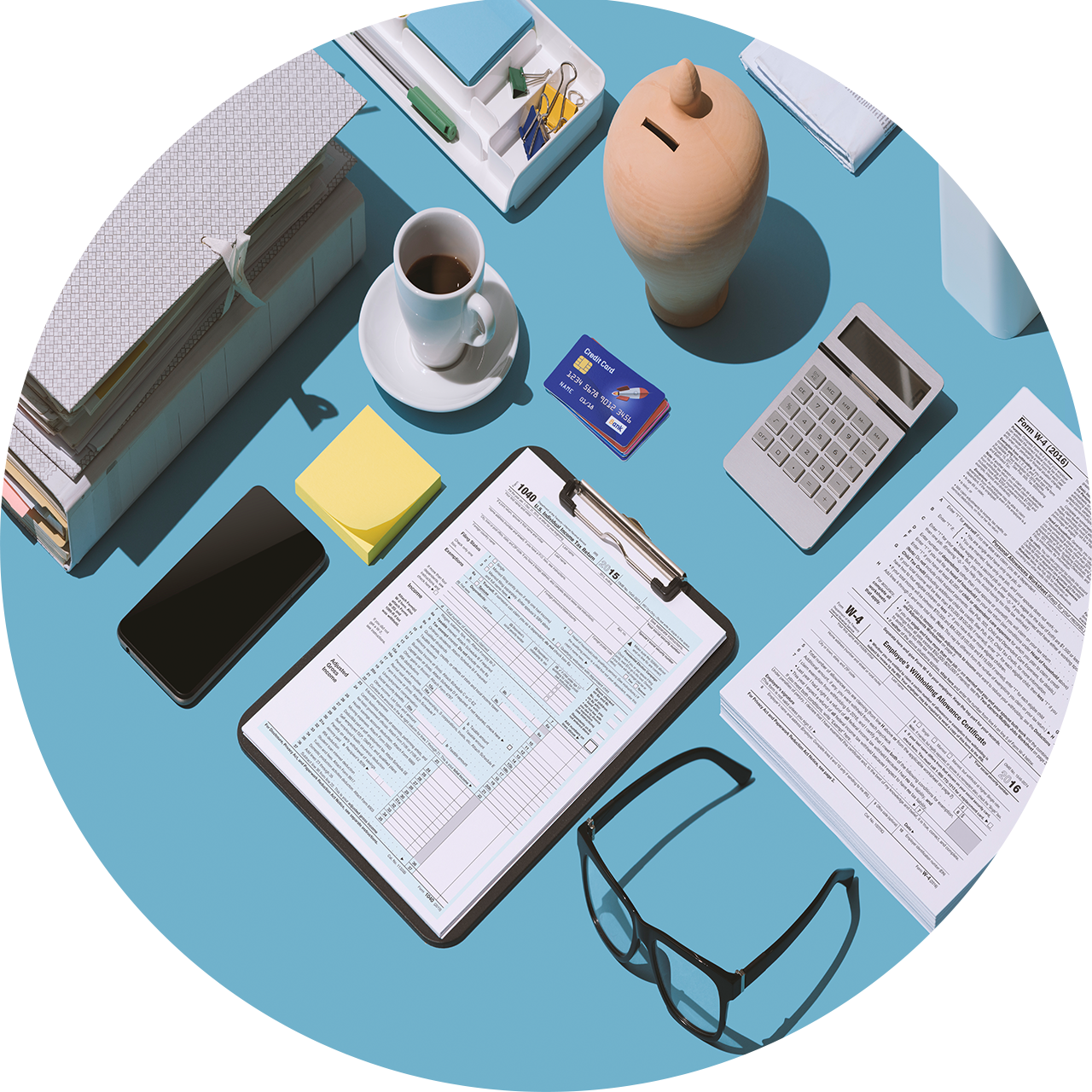
Get in Touch
Rhoundhay
Leeds
LS8 2AL, UK
Coventry Road
Birmingham
B26 3EJ, UK
0121 7268 542
info@careaccountancy.co.uk


